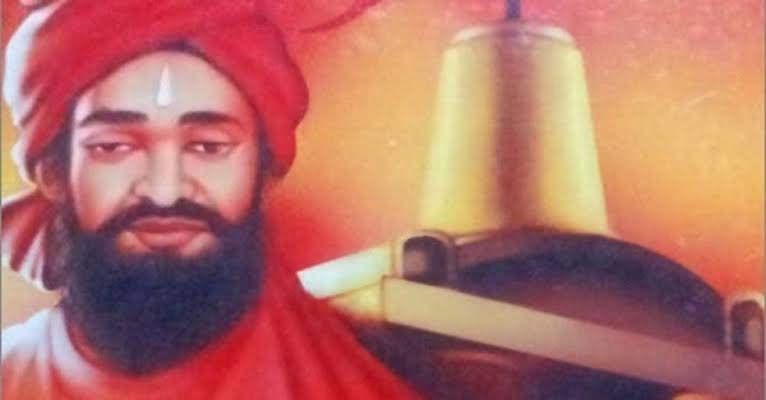Controversy Erupts as Tamil Nadu Governor Refers to Ayya Vaikundar as 'Sanatan Dharma Savior'

- 07 Mar 2024
Why is it in the News?
Tamil Nadu Governor R N Ravi’s recent remarks about the 19th-century social reformer Ayya Vaikundar — that he was Lord Vishnu incarnated to prevent the destruction of Sanatan Dharma — have evoked sharp reactions in the state, from politicians as well as Vaikundar’s followers.
Who was Ayya Vaikundar?
- Ayya Vaikundar, born in 1809, is revered as a social reformer and the founder of the Ayyavazhi sect, primarily in southern Tamil Nadu.
- His teachings focused on equality, fraternity, and the eradication of caste-based discrimination, challenging the established religious and social hierarchies of the time.
- At a time when rigid casteism and caste-based atrocities were the norm, Vaikundar introduced measures to challenge these divisions.
- He organized Samapanthi-bhojana or community eateries for people from all backgrounds.
- He would send his disciples to the homes of lower castes to eat with them.
- When lower castes were not allowed to fetch water from wells used by upper caste Hindus, Vaikundar initiated the digging of common wells, called Muthirikinarus.
- At a time when priests threw vibhuti and sandal paste at devotees from a distance to avoid touching them and lower castes were not allowed to enter temples at all, Vaikundar introduced Thottu Namam, in which he inspired priests to apply the sacred paste on devotees’ forehead, irrespective of their caste.
- The paste would be applied in the form of a lamp, indicating the soul and God, representing the form of God inside every life.
- Vaikundar also encouraged all devotees to wear turbans and dhotis, promoting equality.
- He initiated the Thuvayal Panthy programme, teaching vegetarianism and discipline to followers, who spread these teachings across Tamil Nadu.
- He established Nizhal Thangals as community worship spaces, which did not have any idol or deity, and only Tamil was used for worship.
- These community worship centers also had community kitchens and even basic schools.
- He pioneered education for the lower castes and opposed discriminatory taxes.
- One of his significant interventions was the introduction of simplified, inclusive marriage customs without a Brahmin priest or Sanskrit mantras.
